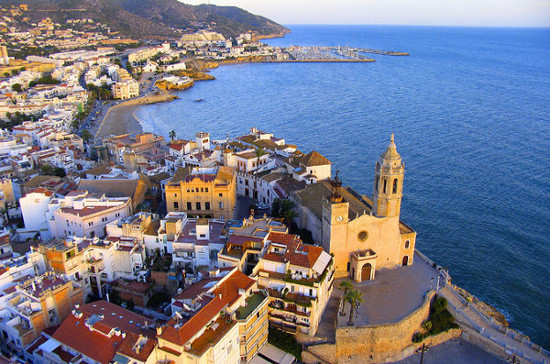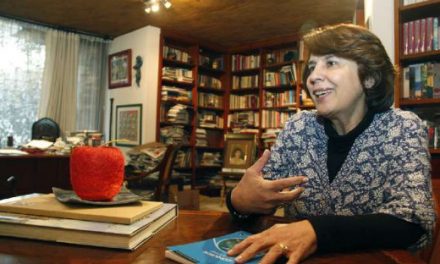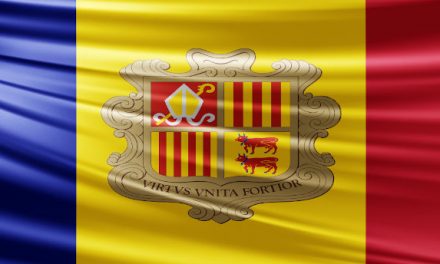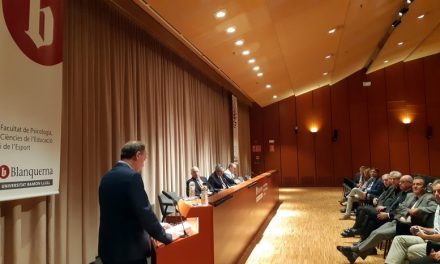 Santiago Castellà, director of the Tarragona Smart Mediterranean City Chair of the Rovira i Virgili University and full academician of the Royal European Academy of Doctors-Barcelona 1914 (RAED), closed the first TGN Smart Heritage City International Congress, held in Tarragona last October 25. Castellà moderated the last of the five working tables that were developed during the session, a conversation with five voices on “European identity and urban heritage”.
Santiago Castellà, director of the Tarragona Smart Mediterranean City Chair of the Rovira i Virgili University and full academician of the Royal European Academy of Doctors-Barcelona 1914 (RAED), closed the first TGN Smart Heritage City International Congress, held in Tarragona last October 25. Castellà moderated the last of the five working tables that were developed during the session, a conversation with five voices on “European identity and urban heritage”.
This closing debate was attended by Gerardo Boto, professor of History of Medieval Art at the University of Girona, who presented the project “Cathedral Cities: Memories, Landscapes and Identitarian Heritage of Europe”; Antoni Pérez Portabella, professor of Audiovisual Communication at Rovira i Virgili University and creator of the game Pactum, whose objective is to reach didactically the 6th grade students through this interactive experience; Joan Menchón, archaeologist of Tarragona City Council, who showed how the archaeological experience of the city has managed to put the heritage in context with the current reality; Fernando Oliván, expert in historical elements, law and European identity, who in his presentation deepened the concept of power and the close relationship between this element and cities as creators of power, and Cristina Gutiérrez-Cortines, member of the European Parliament, historian and doctor in History of Art, who reflected on the current situation and the future of the Europe and Smart concepts.
Throughout the day participated a score of speakers, among which the mayor of Cuenca, Ángel Mariscal, who explained the experience of his city after taking over the management model of the Intelligent Tourism Destination project in the framework of the session “Smart management of the World Heritage cities”. The other topics addressed were “Technology, management and heritage research”, “Time to move from ideas to concrete projects” and “Smart Heritage: from technology to gamification”.






